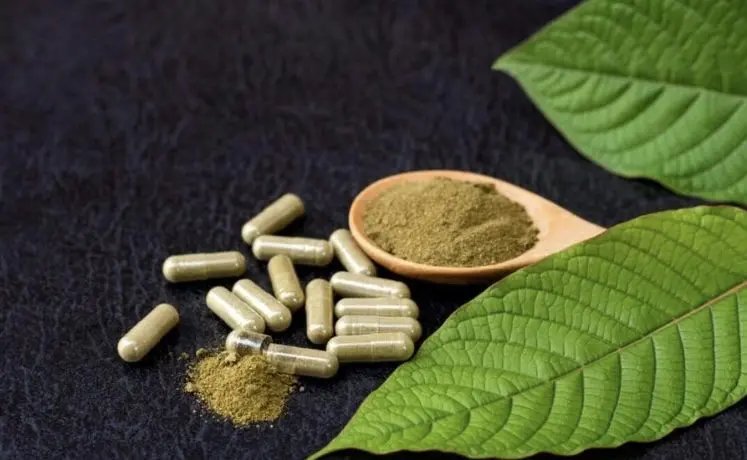
Gov. Andy Beshear announced his administration is taking action to prevent the sale and distribution of a dangerous substance in Kentucky by moving to classify 7-hydroxymitragynine (7-OH) as a Schedule I narcotic.
This designation makes it illegal to sell, possess or distribute any isolated or concentrated forms of 7-OH in the state.
“We have marked three straight years of declines in overdose deaths in Kentucky and that is progress we’re committed to building on as we work to protect more lives in the fight against addiction,” Beshear said. “Deadly and addictive drugs like 7-OH have no place in our communities, and this step will help us get these drugs off the streets and provide us more tools to keep Kentuckians safe.”
7-OH is a concentrated byproduct of the kratom plant, which is increasingly recognized as having the potential for abuse because of its ability to bind to opioid receptors.
“When kratom is altered to create synthetic opioids, it becomes a threat to the public’s health,” said Cabinet for Health and Family Services Secretary Dr. Steven Stack. “It puts people at risk and undermines the strides Kentucky has made in reducing the scourge of addiction.”
While 7-OH is a chemical compound that occurs naturally in the kratom plant, this occurs only in very small amounts. Products such as shots, powders or capsules can be sold over the counter, containing concentrated, potentially dangerous amounts of the substance, which can also be potentially addictive.
The Cabinet for Health and Family Services is in the process of updating regulations to classify isolated and concentrated forms of 7-OH as Schedule I substances – the same category as heroin, LSD and fentanyl analogs.
Once final, this action will allow law enforcement and regulatory agencies to immediately begin removing these unsafe products from retail shelves statewide.
This announcement follows the governor’s emergency designation of bromazolam as a Schedule I controlled substance in August, which banned that drug from being sold in Kentucky and providing law enforcement the ability to make arrests for sales or possession.
By Tom Latek, Kentucky Today








